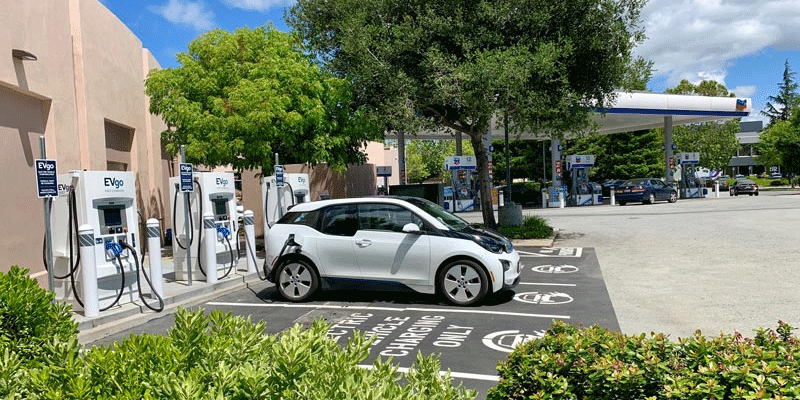Thousands of charging stations for San Mateo County
Peninsula Clean Energy, the California Energy Commission and the Center for Sustainable Energy are cooperating on an incentive project in San Mateo County. They aim to add public EV chargers with a combined fund pool of $24 million.
The project is an initiative of the Energy Commission’s California Electric Vehicle Infrastructure Project (CALeVIP), which works with local community partners to develop and implement regional incentive projects for charging infrastructure. Also Peninsula Clean Energy is a collaborative effort by the County of San Mateo and all twenty of its cities to deliver cleaner energy at competitive rates.
“Expanding EV charging stations in our communities is the logical next step in our efforts to make driving an electric vehicle accessible and affordable,” said CEO Jan Pepper of Peninsula Clean Energy (PCE), the not-for-profit electricity agency serving approximately 290,000 accounts in the County. With the new programme, the partners estimate that thousands of new EV charging stations will be installed over the next four years using $12 million from PCE and an additional $12 million proposed by the California Energy Commission (CEC).
PCE is also providing public EV marketing campaigns, test drive events, an additional $2 million for outreach and technical assistance to help property owners prepare to install EV chargers, and technical support for school districts switching to electric school buses.
CALeVIP and its regional projects are implemented by the Center for Sustainable Energy and funded primarily by the California Energy Commission’s Clean Transportation Program (also known as the Alternative and Renewable Fuel and Vehicle Technology Program).
The CEC is also proposing an additional $18 million for partnerships with Silicon Valley Clean Energy, San Jose Clean Energy, City of Palo Alto Utilities and Silicon Valley Power. Total CEC investments in the regional CALeVIP collaboration between San Mateo and Santa Clara Counties are proposed at $30 million.
The PCE infrastructure funding will start in 2020 and run over four years.





0 Comments